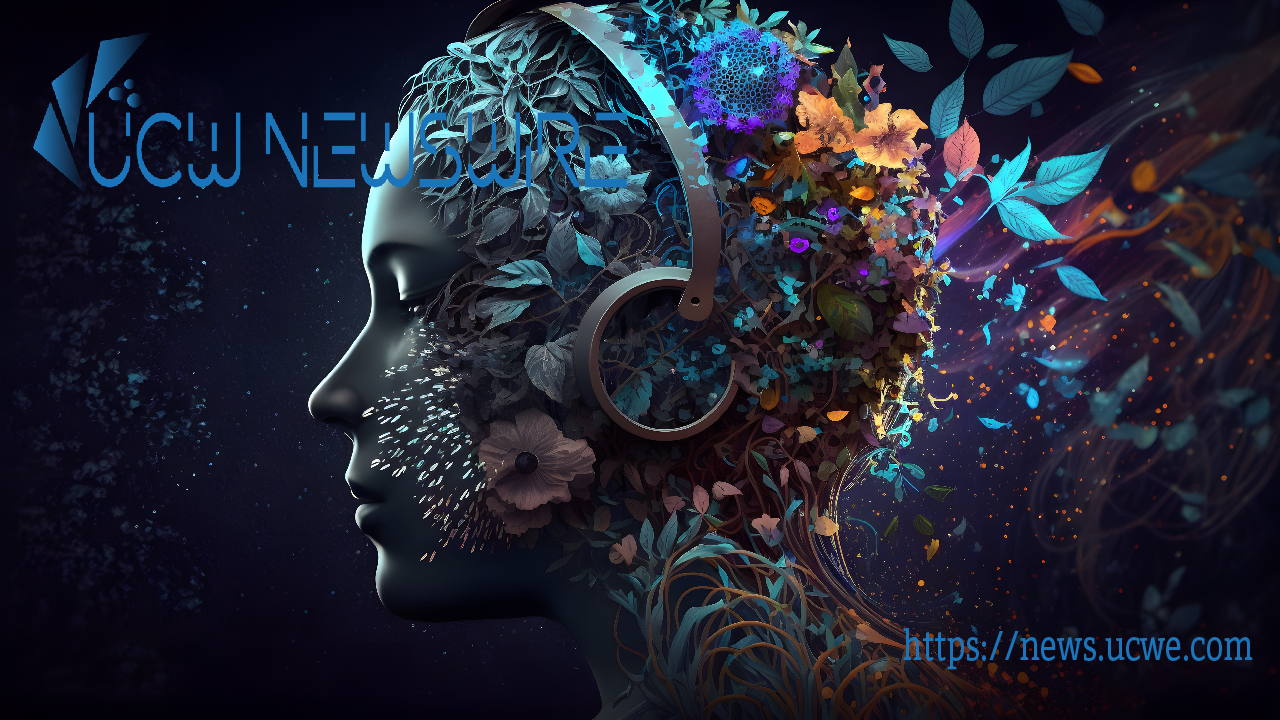Universal Music Group Removes Top Artists’ Catalogs from TikTok Amid Licensing Dispute
Universal Music Group (UMG) has initiated the removal of music catalogs from popular artists, including Taylor Swift, Drake, and Olivia Rodrigo, from TikTok after failed negotiations to renew licensing agreements.

Universal Music Group (UMG) has initiated the removal of music catalogs from popular artists, including Taylor Swift, Drake, and Olivia Rodrigo, from TikTok after failed negotiations to renew licensing agreements. The previous agreement between UMG and TikTok lapsed on January 31, leading to a breakdown in talks over concerns related to fair compensation for artists and songwriters, protections against AI-generated music, and online safety.
UMG accused TikTok of pressuring the label into accepting an unfavorable deal that didn’t address the record label’s worries about adequate compensation and artist protection from online threats. In response, TikTok expressed disappointment, stating that UMG prioritized its own interests over those of artists and songwriters. Now, UMG-owned music on TikTok will be muted, and users seeking replacement tracks must choose alternatives from different music labels.
Early Wednesday morning, UMG released what it called “An Open Letter to the Artist And Songwriter Community – Why We Must Call Time Out On TikTok.” The letter, one suspects, is actually for music fans and tech watchdogs as well.”In our contract renewal discussions, we have been pressing them on three critical issues,” the letter says of TikTok, noting the issues include protection against AI-generated recordings, online safety issues for users and higher compensation for its artists and songwriters.
“With respect to the issue of artist and songwriter compensation,” the letter continues, “TikTok proposed paying our artists and songwriters at a rate that is a fraction of the rate that similarly situated major social platforms pay. Today, as an indication of how little TikTok compensates artists and songwriters, despite its massive and growing user base, rapidly rising advertising revenue and increasing reliance on music-based content, TikTok accounts for only about 1% of our total revenue. Ultimately TikTok is trying to build a music-based business, without paying fair value for the music.”
TikTok, a platform that gained immense popularity in part due to music created by artists represented by UMG, faces criticism for its licensing disagreements with major labels. UMG artists, like Grammy nominee Noah Kahan, have expressed dissatisfaction, noting the impact on their ability to promote music on TikTok. The dispute sheds light on the challenges of fair compensation and protection for artists in the evolving landscape of digital platforms.

